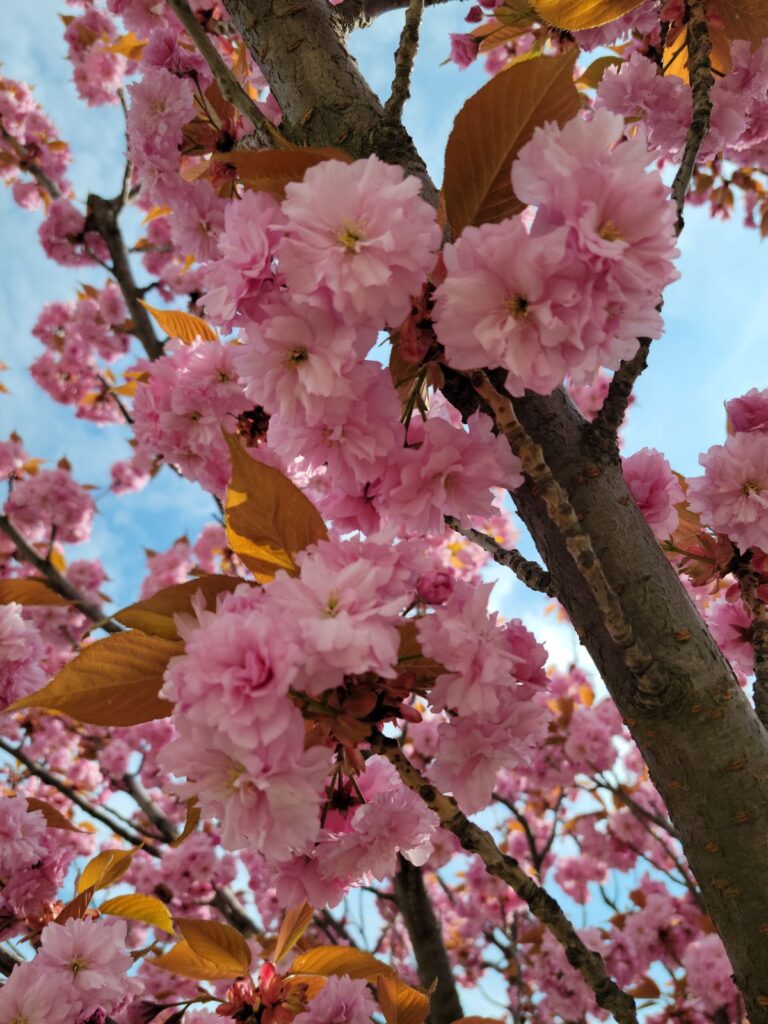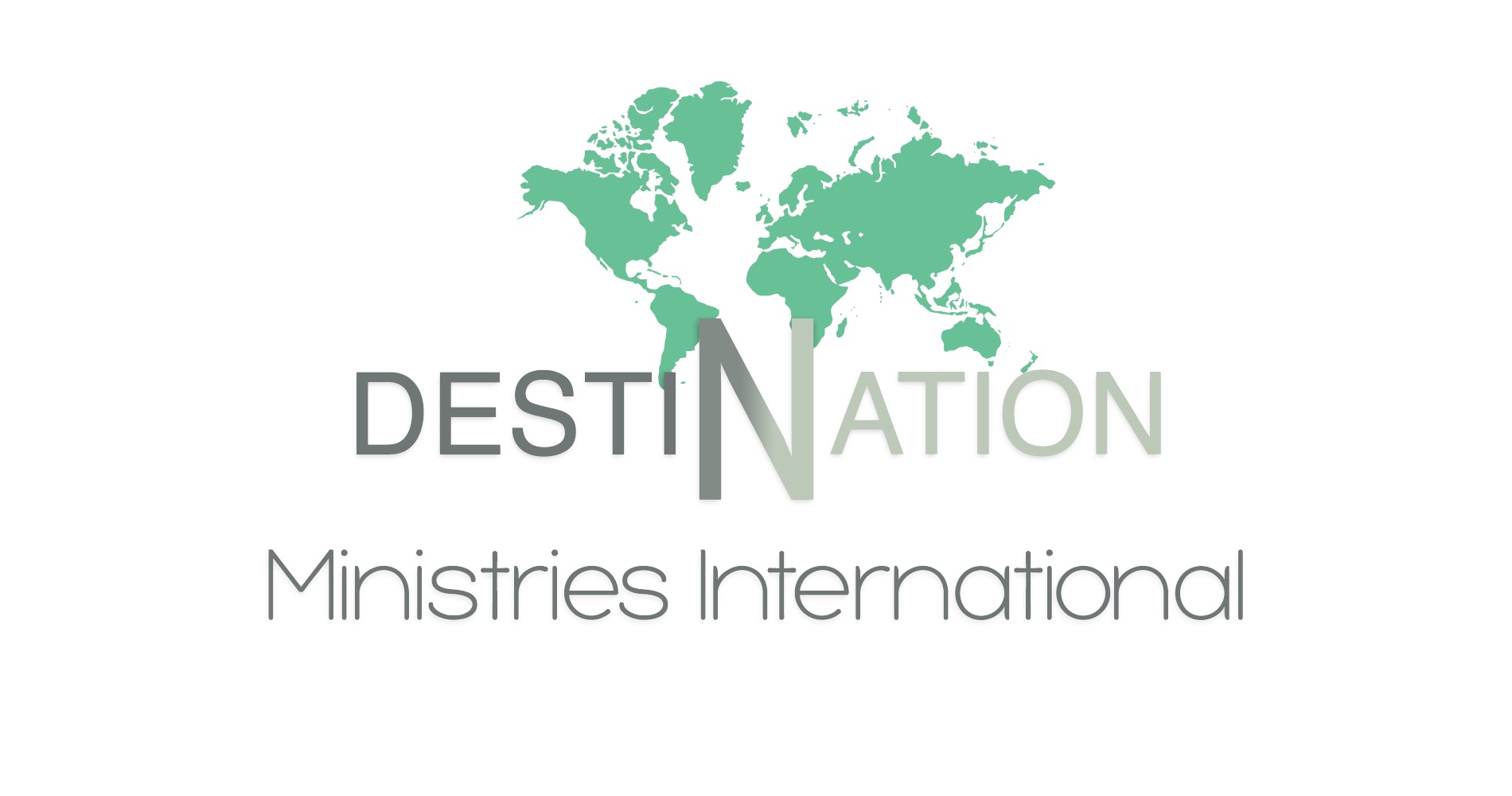
On a crisp spring morning in April 2022, my girls and I woke early, just as the sun began to rise. Michael had crossed the Ukrainian border from Hungary the day before, delivering food and supplies to the war-torn country. Due to the risks involved, we had decided it was safer for him to go alone. He drove from Budapest to Lviv, an eight-hour journey without stops. As a family, we chose to split up—partly as a precaution and partly to cover more ground and reach more refugees in need.
With a van loaded with supplies—food, water, toiletries, clothing, and linens—we prepared to cross the border into Ukraine. Accompanying us was a ministry friend from Budapest. Although we were only traveling about thirty minutes into Ukraine, the journey felt perilous. A refugee home full of people depended on the supplies we were bringing, and that sense of responsibility fueled us.
The three-hour drive through Hungary was comfortable, but as we neared the Ukrainian border, a heavy weight settled over us. We had been instructed to remain quiet and avoid drawing attention to ourselves. Our driver, carrying our passports, exited the van and walked into a building with a border guard. The tense minutes that followed felt endless as we silently prayed for a smooth crossing. When he finally returned with the guard, they inspected the van’s contents, shut the door, and waved us through. Relief washed over us as we crossed into Ukraine, but it was short-lived.
The thirty-minute drive to Uzhhorod was met with challenges. The highway was riddled with enormous potholes, making the ride bumpy and nauseating. Our driver navigated carefully to avoid damaging the van’s tires and steering system.
As we entered Uzhhorod, its charm caught my attention. Historical buildings, copper-domed churches, and quaint shops lined the streets. But just minutes after arriving, bomb sirens pierced the air, pulling our focus back to the harsh reality of war. Watching from the van, I noticed the stark contrast in the reactions of people on the streets. Some continued their day as if nothing had changed, while others ran in terror. It struck me that those fleeing were likely recent arrivals, still haunted by the devastation they had escaped.
We reached the refugee home on a plain piece of property. The transition from winter to spring was evident—the grass remained brown, the vines along the fences dormant, and the air carried a brisk chill. Turning to unload the van at the back of the property, I was greeted by a stunning sight: rows of pink flowering trees in full bloom. Amid the faint wailing of sirens, the delicate blossoms commanded my attention. Their beauty and fragrance transported me for a moment, reminding me of the resilience of creation. These trees thrived in the midst of chaos, a quiet testament to hope. In that moment, I reflected on how, as God’s children, we are called to thrive despite the challenges around us. Like those trees, we are created to bloom and reveal the beauty within us, even in uncertain times.
That day, the girls and I shared that beauty with the people at the refugee home. We unloaded supplies, prayed with families, listened to their heartbreaking stories, and offered them a glimpse of hope. Despite the war raging around us, we were reminded that God’s love and purpose continue to bloom, even in the darkest of circumstances.

Leave a Reply